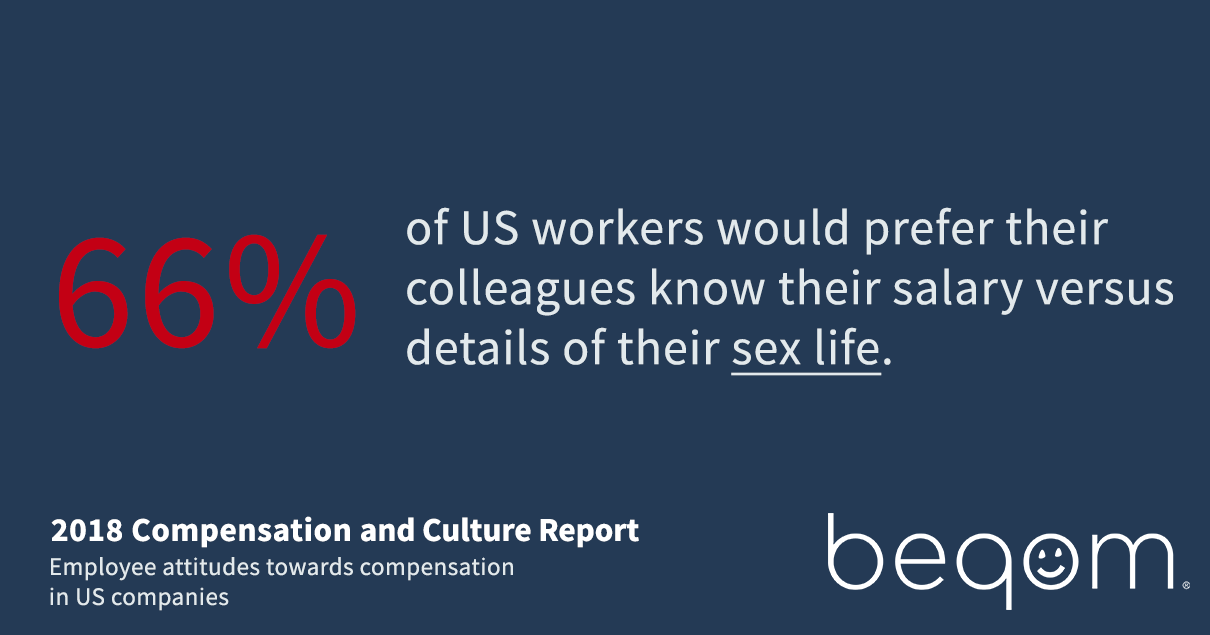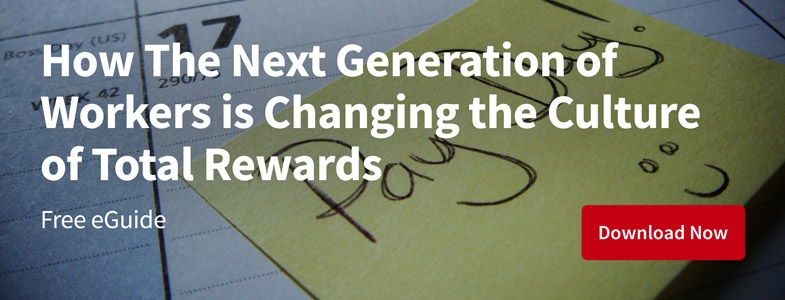A new study by beqom - a leading cloud-based compensation software provider - reveals that age, race and gender can affect U.S. employees’ compensation. According to beqom’s 2018 Compensation and Culture Report, nearly one in three (31 percent) U.S. workers do not believe employees at their company are fairly compensated regardless of their age or race. Additionally, almost half (48 percent) of U.S. workers believe men are paid more than women at their company.
When assessing the reasons behind demographic pay gaps, more than one-third (34 percent) of U.S. workers believe managers and supervisors set pay based on their feelings about the employee rather than an employee’s performance, experience or skill set.
“Our study set out to uncover gaps, issues and employees’ understanding of compensation in America.”
– beqom CEO Fabio Ronga.
“We found that U.S. workers don’t believe all employees are paid equally, regardless of age, race and gender, and today’s workforce demands pay transparency because they believe it will motivate employees to work harder, create a better company and ultimately solve pay gap disparities among age, gender and race," said beqom CEO, Fabio Ronga. "We must do better to ensure that we’re creating and sustaining a vibrant, motivated and diverse workforce. At beqom, we believe in fair compensation for all employees, and use data-driven insights and Artificial Intelligence to take the guesswork and feelings out of employee pay."
Additional findings:
Despite equal skill set, performance and experience, U.S. workers believe men are paid more than women in the following industries:
- Technology (34 percent)
- Banking and finance (23 percent)
- Healthcare and medical (13 percent)
- Education and higher education (5 percent
U.S. workers want (and are creating) pay transparency.
- Once considered a taboo subject, salary and pay is now more openly discussed among coworkers with nearly half (45 percent) of U.S. workers admitting they know how much their colleagues make and another 46 percent admitting they’ve shared or discussed their salary with colleagues.
- Younger workers are more likely to share salary information than older workers. Fifty-six percent of Millennials would share or discuss their salary with their colleagues compared to one in four (27 percent) Baby Boomers.
- In fact, most U.S. workers would prefer their colleagues know their salary (66 percent) versus details of their sex life (20 percent).
CEO pay gap is a concern (and motivation) for U.S. workers.
- More than three in four (78 percent) of U.S. workers believe that most CEOs and top executives of companies today make too much money compared to their employees.
- Over half (60 percent) of U.S. workers want to know their CEOs salary. They listed several reasons for wanting to know what their CEO made, including:
- Pay transparency — They think pay transparency creates a better company culture (28 percent).
- Motivation — They believed it would motivate them to work harder and earn more money (21 percent).
- Pay gap concern — They want to compare their salary to their CEO’s salary (11 percent).
Despite wanting more pay transparency across the company, U.S. workers stay quiet about discussing salary with their manager:
- Less than one in five (19 percent) U.S. workers are comfortable discussing salary and compensation with their manager or supervisor.
- Nearly one in four (20 percent) admit they would not ask their manager for more money if they found out a colleague of equal skill set and experience made more money than they did.
- Over half (54 percent) don’t plan to ask for a raise or additional benefits before the end of the year. In fact, nearly one in three (29 percent) U.S. workers are planning to get a new job within the year because they’re unhappy with their salary and compensation.
Get the tips you need to develop programs to effectively attract and retain talent for years to come with our eGuide: How The Next Generation of Workers is Changing the Culture of Total Rewards.




